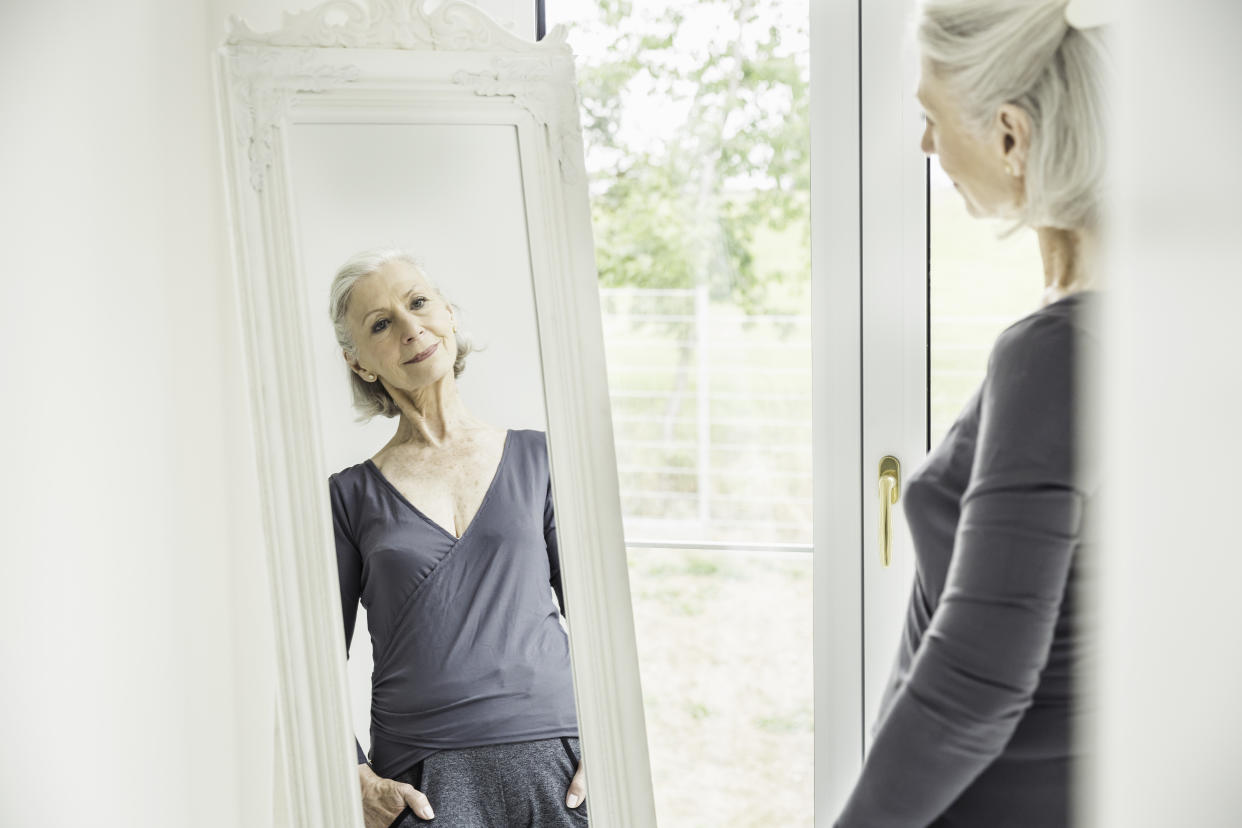People find their body attractiveness increases when viewed from a third person perspective, study finds

New research has found that we’re not that great at judging our levels of attractiveness.
The study published in Frontiers in Robotics and AI examined the difference between how we think we look and how others perceive us to look.
As it turns out, we rate our bodies more negatively than if we were to view the exact same body as an outsider.
The researchers recruited 11 men and 12 women from the University of Barcelona to put this theory to the test.
Read more: Here’s how long it takes for feet to return to normal after wearing wrong size shoes
Participants were asked to fill in two questionnaires, one on body perception and one on eating disorders.
Then, the researchers created three body image avatars of each participant.
The first avatar was based on how the person sees their body, the second was of their definition of their “perfect” body and the third was based on their real body measurements.
After these virtual bodies were created, the people involved were asked to put on a virtual reality headset and view the bodies from a first person and third person lens.
Read more: A genetic mutation might “reduce ability to exercise”
Lead author, Dr. Solène Neyret, said: “Our results suggest that a change in perspective affected the evaluation of the attractiveness of a virtual body. For female participants, when the same virtual body was perceived from a third person perspective, it was evaluated as more attractive than when it was perceived from a first-person perspective.
“Importantly, we also observed that the internal representation that people create of their own body is highly inaccurate.”
This proved that a person’s beliefs about their body image might not be entirely accurate.
On top of this, the researchers also found that most people wrote down the same body shape when asked what their “ideal body” would look like.
It goes some way to show how engrained societal norms are in each of us.
Read more: Drew Barrymore gets real about her body struggles
The virtual reality allowed researchers to give the men and women a new perspective on themselves.
It’s a big step in the right direction for people who suffer from eating disorders and body dysmorphia.
“This method could help patients to understand the biased representation they have of their own body.
“This knowledge could re-orientate their attention to the real features of their body shape in a more accurate and objective way, that isn't affected by the negative prior beliefs they have about themselves.” Neyret concluded.
The idea behind it is that if people were able to see themselves as others do, they might be able to appreciate themselves in a more positive - and realistic - light.


